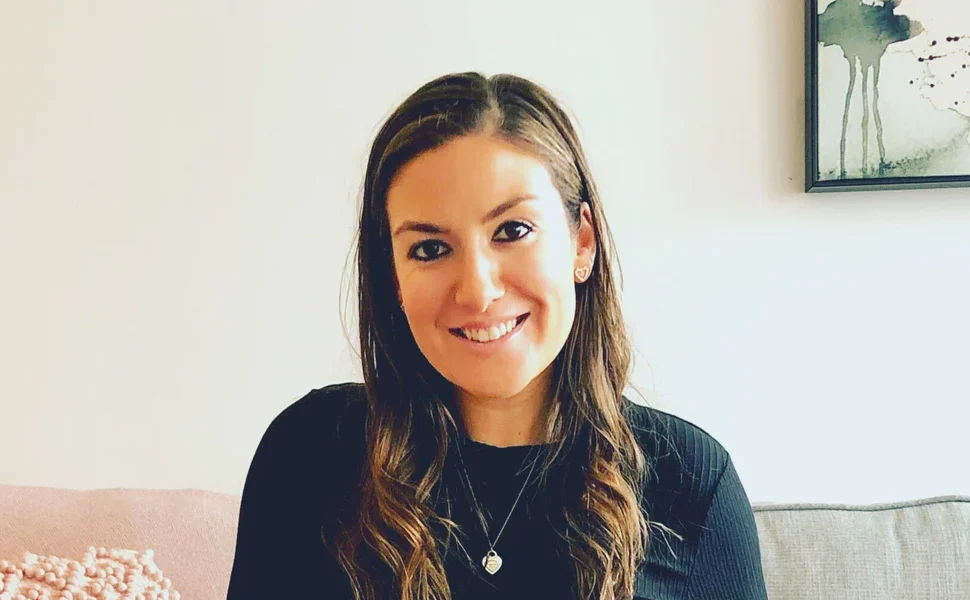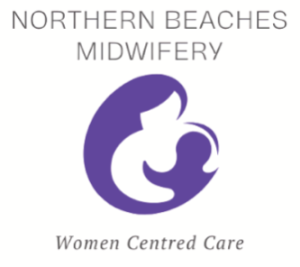The fourth trimester is a time when you’re learning a bunch of new skills and roles all at once. As Amber shares, one of the big learning curves some of us can face is breastfeeding (if you decide that is the right choice for you).
“A lot of new mamas can really struggle with feeling [breastfeeding] would have come easily and naturally, and often that’s not the case,” shares Amber.
From understanding what good attachment feels like to realising how often babies need to be fed (which can be every hour to two hours during those first few weeks), there can be a lot to learn and absorb during the fourth trimester.
Common challenges such as engorgement, blocked ducts and even mastitis can occur (particularly in the few first weeks) and can cause lots of pain and discomfort for new mamas.
Amber recommends mamas take some time to get to know their breasts before feeding their baby to understand how full our breasts can feel. Plus, she recommends women harness the power of breast massage (using products such the Lactamo ball) to help stimulate blood flow, support the let-down reflex and encourage proper drainage.
“I tell mamas to do breast massage every single day, particularly during the fourth trimester,” tells Amber.
How to prepare for your fourth trimester
The biggest thing Amber recommends mamas do in preparation for their fourth trimester is this: educate yourself through classes and resources.
“I really think an antenatal breastfeeding class is absolutely key,” explains Amber.
It’s also worth chatting to your midwife as they are a great resource and can point you in the direction of good quality information about what to expect during the fourth trimester.
Amber also suggests mamas think about creating a post-birth plan which helps them figure out where they’re going to get support from (such as where to find a local lactation consultant), what meals they’re going to eat (and maybe even stocking up the freezer!), and other things such as how long your partner will be off work to support you.
“I think by having this plan in place, even things like boundaries around visitors… you can focus on adjusting to postpartum life,” tells Amber.
If in doubt, please always consult your healthcare professional.









